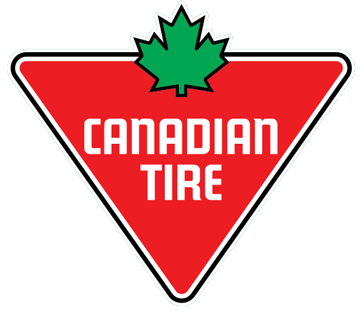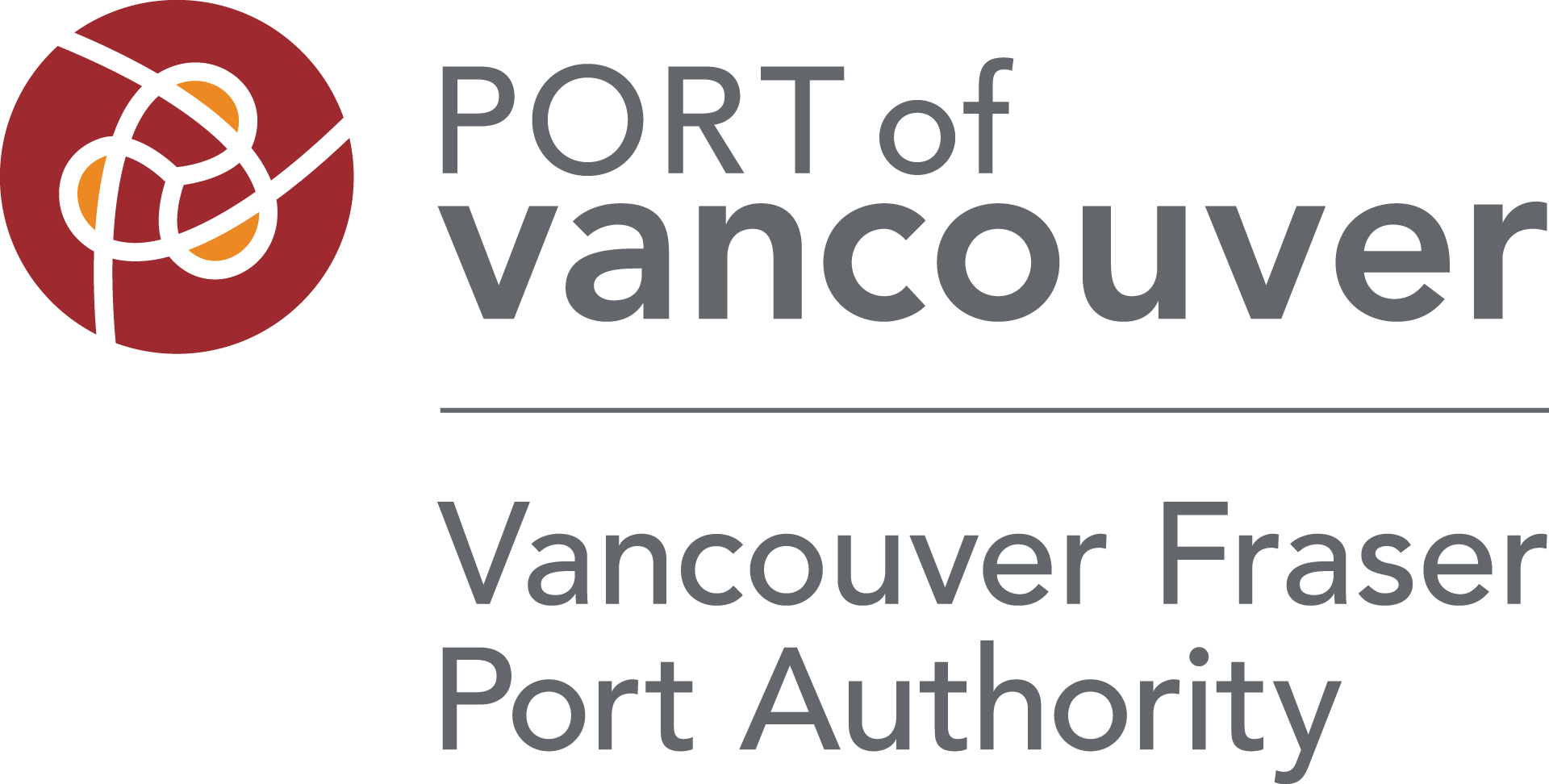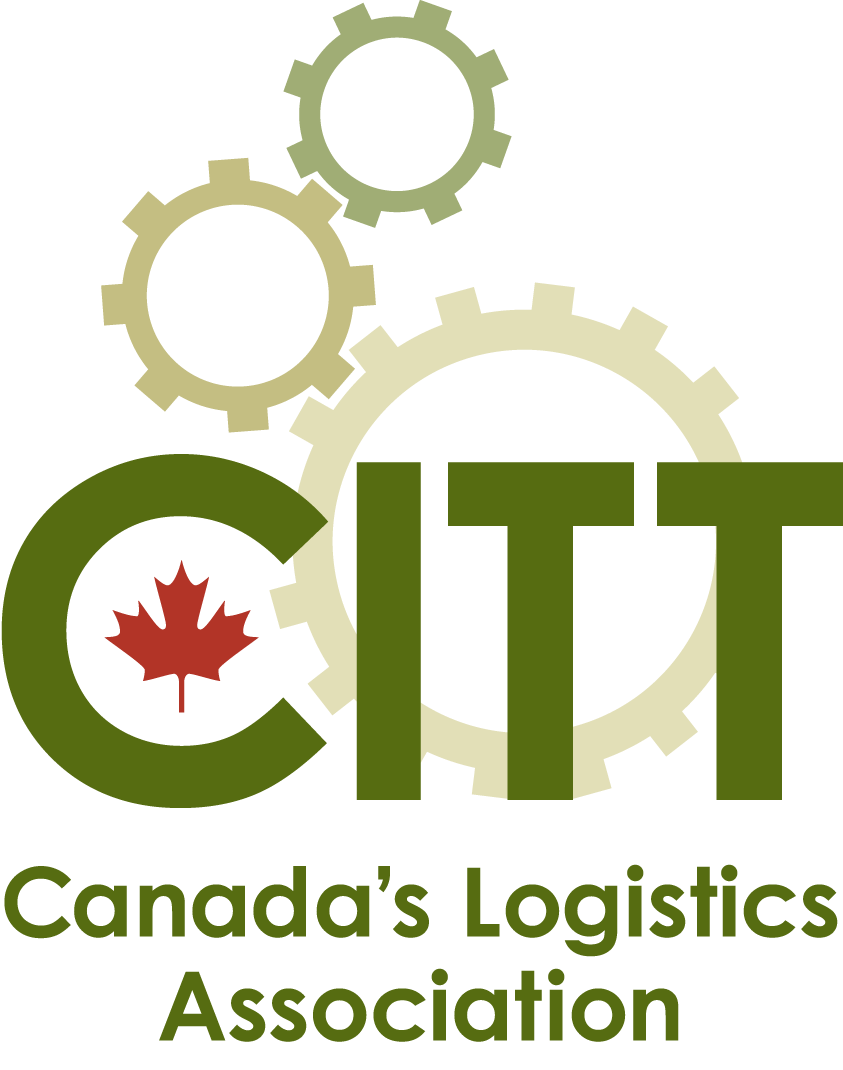Service Update – All Modes
Air Cargo
No air cargo service issues have been reported since update #62.
The media report that demand remains high which is resulting in rate increases.
Air Canada has issued an updated list of new cargo-only flights. These can be found at https://www.aircanada.com/cargo/en/news-updates/commercial/20210210.html
Ocean Shipping
Ocean container shipping is the mode that has been most impacted by the COVID-19 disruption to the world economy and the pandemic continues to affect demand, capacity, and service.
The high demand for container shipping especially on the Trans-Pacific routes continues. Container shortages continue to be experienced at many locations, including the west coast of North America for exports. American Shipper reports that there are currently 62 ships in San Pedro Bay, waiting to off-load cargo in the Ports of Los Angeles and Long Beach. The comments by the CEO of Hapag-Lloyd on the Trans-Pacific situation and the expected continuation of high demand and limited capacity for some months into 2021 provide informed insights. The report of the Hapag-Lloyd CEO’s comments can be found at the first red bar below.
There are now reports from FMA members, and also from the Global Shippers Forum, that delays, capacity problems, and additional charges by container lines are beginning to show up on Trans-Atlantic routes. Reports are that space from Europe to North America for the month of February was fully booked early in the month. Demand is high and capacity, both ships and containers, is limited.
While not pandemic related, the labour situation at the Port of Montreal will be closely monitored. The job action “truce” agreed between management and labour will end a 6:59 a.m., March 21 and job action could be initiated, with the mandatory 72 hour advance notice, at that time. Because of the uncertainty, cargo is being diverted to Halifax and other ports, which may lead to further supply chain disruptions.
Rail
Severe cold weather weather from northern Ontario through to Alberta has resulted in rail service delays. FMA has had no other reports of significant rail service problems or equipment shortages.
Container traffic, impacted by the same COVID-19 factors as ocean shipping, is running at high levels. While carload traffic for 2020 was down 6.8%, intermodal traffic was down 1.1% and weekly rates late in the year were running ahead of 2019. In the final week of 2020, intermodal was up 3.3% over the same week in 2019. For the first six weeks of 2021, container traffic is up 10.2% over the same period last year.
Trucking
No issues on trucking service have been reported at this time. Concerns about driver shortage remain and COVID-19 infections among drivers could exacerbate the driver shortage.
FMA continues to monitor the Electronic Logging Device (ELD) implementation. The Transport Canada deadline for ELD devices to be installed in trucks used in inter-provincial service is June 12, 2021. Late last year, Transport Canada authorized a third-party company to evaluate and approve devices. While this is not pandemic related, it is an issue that FMA will be watching.
Supply Chain Commentaries
AAR Canadian Rail Traffic Data – to Week 6, 2021
North American rail volume for the first six weeks of 2021 was 4,181,488 carloads and intermodal units, up 3.3 percent compared with 2020.
Canadian railroads reported 69,222 carloads for the week, down 8.4 percent, and 64,581 intermodal units, up 18.3 percent compared with the same week in 2020. For the first six weeks of 2021, Canadian railroads reported cumulative rail traffic volume of 902,756 carloads, containers and trailers, up 5.4 percent.
The details on Canadian rail traffic for the first six weeks of 2021, (the week ending February 13) can be accessed by clicking on the second red bar below.
FMA Government Relations
FMA has continuing communications with Transport Canada Surface Policy and Marine Policy officials and with Natural Resources Canada (NRCan) on Supply Chain recovery efforts. FMA also maintains a dialogue with the the Canadian Transportation Agency, which is the air, rail and marine regulator.
FMA has recently had virtual meetings with Transport Canada, Canadian Transportation Agency, and Competition officials regarding the ocean container service issues being experienced by Canadian importers and exporters.
Information on current service and questions from members, covering all modes of transportation are encouraged and will be useful in our continuing communications with the government. All individual company information will be kept confidential and only aggregated information will be used in communications with government officials.
FMA Office Operations
FMA staff are primarily working from home. If you need to talk with us, please call me at 613-294-4569.
Updates are on the FMA Website
The FMA COVID-19 updates continue to be uploaded to the website and there is a link to them on the home page at www.fma-agf.ca .
The FMA updates focus only on the impacts of COVID-19 on supply chains.



